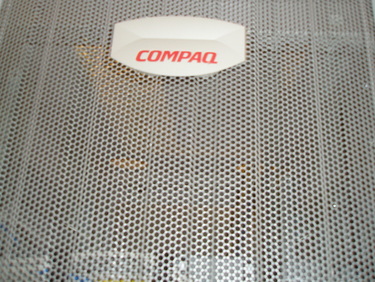
Even if R2:2013 certification looks like a distant possibility for your company right now, get ahead of the curve by setting up your ISO 14001 environmental management system and OHSAS 18001 health and safety systems now. The R2 Standard requires accreditation to both of these standards or to RIOS in order to receive certification, and these certs also have their own benefits. Having an internationally-recognized certification proving you have systems to manage your environmental, health, and safety issues can only benefit your company in the long run whether or not you choose to pursue additional certifications to increase your ability to do business.
For more information on the R2:2013 Standard, view SERI's website here: https://sustainableelectronics.org/

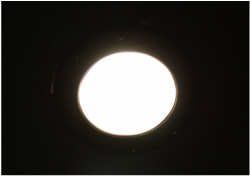
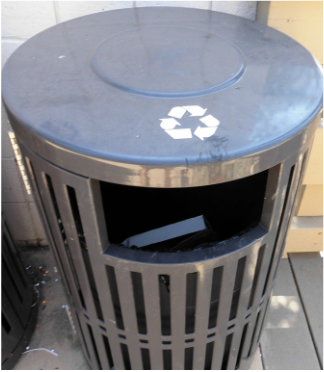
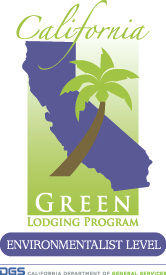
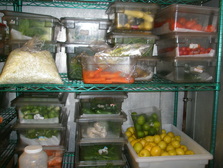
 RSS Feed
RSS Feed